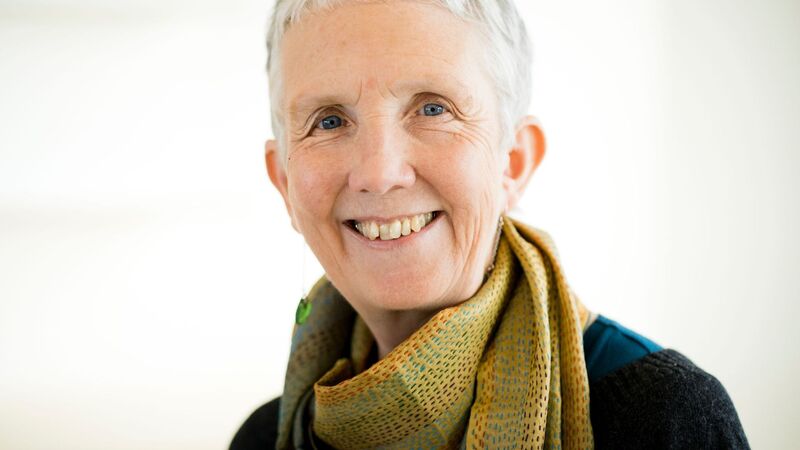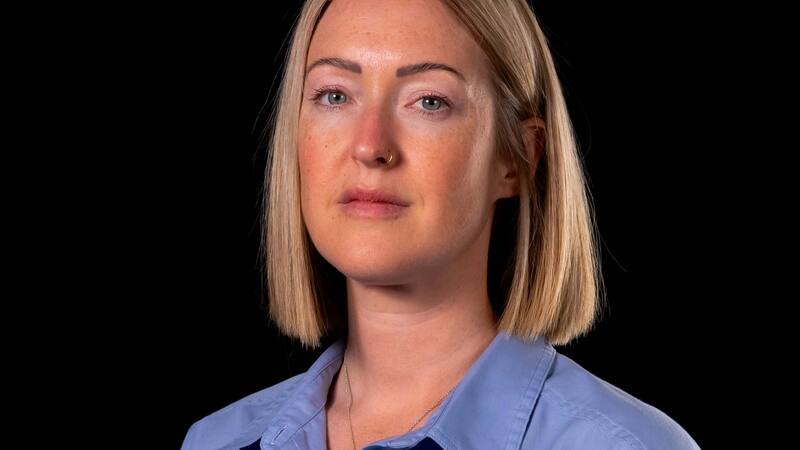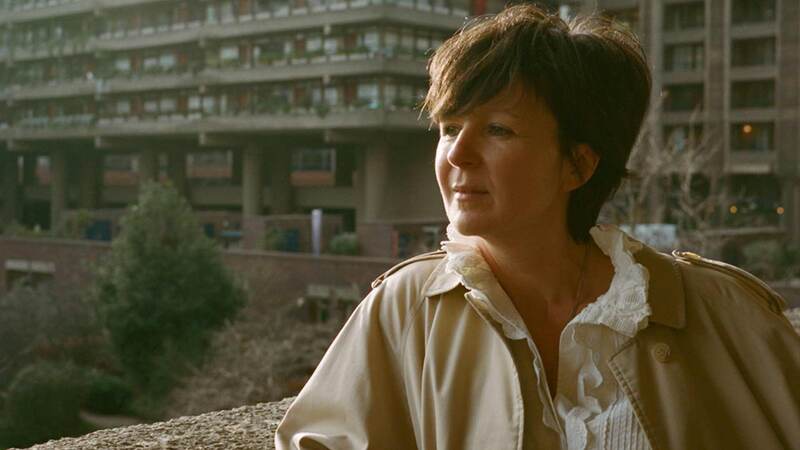You are viewing your 1 free article this month. Login to read more articles.
Maggie Gee: A playful apocalypse
After the gritty realism of The White Family, Maggie Gee's novel about British racism, shortlisted for the Orange Prize and nominated for the IMPAC Dublin Literary Award, her ninth novel The Flood (Saqi Books, February 2004, £12.99, 0863563155) is a return to the surreal, futuristic strain of previous works such as The Ice People.
The Flood is a whimsically apocalyptic tale set in an invented city not unlike London, but in which the rain never stops, whole parks become boating rinks, and planes no longer fly because the airfields are under water. The president, Mr Bliss, is preparing for war, with the assistance of Mr Bare of superpower Hesperica; the city's teenage daughters are becoming anti-capitalist activists; and a fundamentalist sect, The Brothers and Sisters of the Last Days, is attracting followers everywhere.
Gee, who likes to write hard and fast, produced the first draft of the book in just four weeks while on a writer's retreat at Hawthornden castle last December. It was a time when dread of the imminent war with Iraq was already high, and rivers across Europe were breaking their banks; The Flood, despite a playful tone, is imbued with the sense of disintegration that characterised that time.
"I think for me everything's heightened by war," Gee reflects. "So the bright things are heightened, and ordinary love seems amazing; at the same time there is this feeling of dread. So everything is richer and briefer. War is ghastly but if it has any good effect on us it should be to value what we have."
Gee is known for being a highly political writer; yet a perverse kind of playfulness seemed the only response to the times, she explains. "I think war makes ordinary people feel powerless, especially a war like this last one where a lot of people did not want it to happen. I spoke at the odd meeting and picketed my MP, but it all seemed quite hopeless. So laughing at politicians, I sometimes feel, is the only way to survive them."
A fan of such writers as Jim Crace and J G Ballard, Gee found much pleasure in the creation of a world set just into the future. In the surreal environment of The Flood, people carry on with their everyday lives as the city sinks beneath the waters. There are amusing touches, such as the pleasure-seeking opera-goers who must now reach the Opera House not on foot, but on gondolas lit with flaming torches.
Gee has also made a game of filling the novel with characters from each of her previous eight novels: here are May, Shirley, Elroy and Dirk from The White Family; Zoe from Lost Children; a character called Gracie, who in Gee's mind is the grand-daughter of the eponymous Grace.
"Nobody has to know any of the characters in order to read the book, but they are all the age they would be if they had continued to age once the novel in which they first appeared was over," Gee says. "Imaginatively there was this feeling of books, which I love, being vulnerable to war. Libraries very regularly get destroyed--a good way to attack a culture is to burn the books. And they are vulnerable also to flood--we know a lot were lost last summer. We're trying to keep stories safe in books, yet there are all these other forces--things get dusty and yellow and wet, and maybe lost.
"I wanted to put the world back together somehow. My daughter Rosa said, 'It sounds very final, Mum!' But no, once the characters are back together, I can go on in my 10th novel to something else."
Gee knows more than most authors about the vagaries of publishing, having lost the second part of a big publishing deal with Flamingo in the 1990s, and having seen The Ice People taken on by Richard Cohen Books shortly before it went out of business. Now happily ensconsed with small independent Saqi Books, Gee has produced in the new novel a rather sharp satirical portrait of a big publishing house, Headstone; at marketing meetings, the staff work out just how many copies can be sold of books they know to be worthless.
Gee looks amused: "I had to say to my editor, who used to work for Hodder Headline, that it definitely is not intended as a portrait of Hodder, which I haven't had any experience of--I just thought of 'Headstone' as the graveyard of publishing, really.
"I had to change names so often: the ghastly harpy was first called Patricia Prosser, but then I thought 'Oh no, Simon Prosser,' whom again I have nothing against--so then I thought of Gail somebody, 'But no, they'll think it's Gail Rebuck'; so now she's ended up Helena Harp. It was Harper, but then they'd have thought I meant HarperCollins. What can you do?"
Benedicte Page








